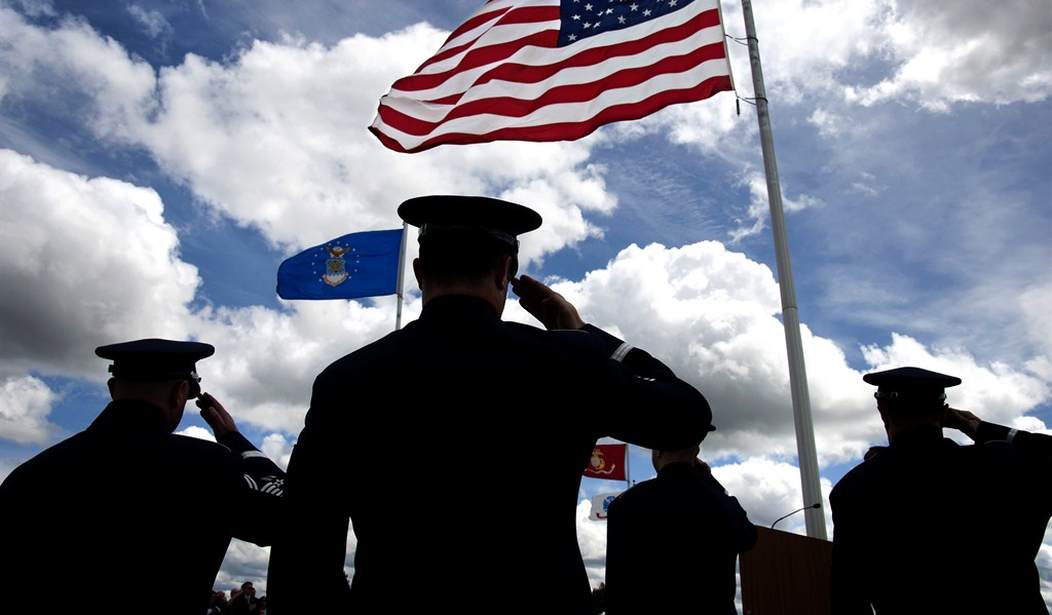Economically, even California Gov. Jerry Brown admitted that the state’s new $15 per hour minimum wage doesn't make any sense. He signed it anyway, however, justifying that it made moral sense.
But does it?
When one considers that an Army E1 Private has a base salary of $18,378, which amounts to roughly $8.84 per hour, Brown’s argument seemingly falls apart. It seems morally wrong to offer more pay to someone flipping burgers than to a member of the military willing to put his or her life on the line in service to this nation. Of course it could be said that bonuses, allowances, and other benefits bump up an Army Private's salary, but not all minimum wage earners are fully supporting themselves or families, as we are are often told.
Just take a brief glance at some of the characteristics of minimum wage earners:
They’re probably still living at home. Minimum wage workers tend to be young. Although workers under age 25 represented only about one-fifth of hourly paid workers, they made up nearly half of those paid the federal minimum wage or less. Among employed teenagers (ages 16 to 19) paid by the hour, about 15 percent earned the minimum wage or less, compared with about 3 percent of workers age 25 and older.
They’re not trying to support families. Of those paid an hourly wage, never married workers, who tend to be young, were more likely (7 percent) than married workers (2 percent) to earn the federal minimum wage or less.
It’s a stepping stone. Among hourly paid workers age 16 and older, about 7 percent of those without a high school diploma earned the federal minimum wage or less, compared with about 4 percent of those who had a high school diploma (with no college), 4 percent of those with some college or an associate degree, and about 2 percent of college graduates.
Recommended
It’s curious, then, that rarely is the case made for raising the wage of America’s finest.
Can you name a way the Obama administration can really boost wages in this country without actually raising the official federal minimum wage... AND get plenty of Republican support while doing it? […]
Here's the answer: boost military pay, especially for new enlistees. It would work because it's worked before. And it would also help solve some other problems that go beyond just the economy. […]
By contrast, increasing military pay achieves those goals with a lot more upside thrown in. First off, there's actual demand for new soldiers and sailors. For only the third time in 20 years, the U.S. military is falling short of its designated annual recruitment levels this year. Reports out last week showed we're currently 14% behind the target. There are a number of reasons for this gap, but a generally improving job market has traditionally been the biggest reason why recruitment levels drop. That's especially true when it comes to high quality recruits who have graduated high school and score the highest on military assessment tests. Has anyone even asked whether the fast food industry or the local Applebee's actually needs more workers before we demand they pay everyone more? If wages in the free market are flat, that pesky supply and demand issue is probably the reason. But the employer in this case is Uncle Sam and he can't raise military pay without an act of Congress. And even though military pay is not one of the items effected by the budget sequester, annual raises have only been between 1% and 2% for five years running. Based on economic principles alone, a military pay raise is much more warranted than a federal minimum wage hike for the private sector.
Now there’s an idea you’ll never hear our progressive politicians, you know, the champions of social justice, advance.
H/T: Allen West

























Join the conversation as a VIP Member